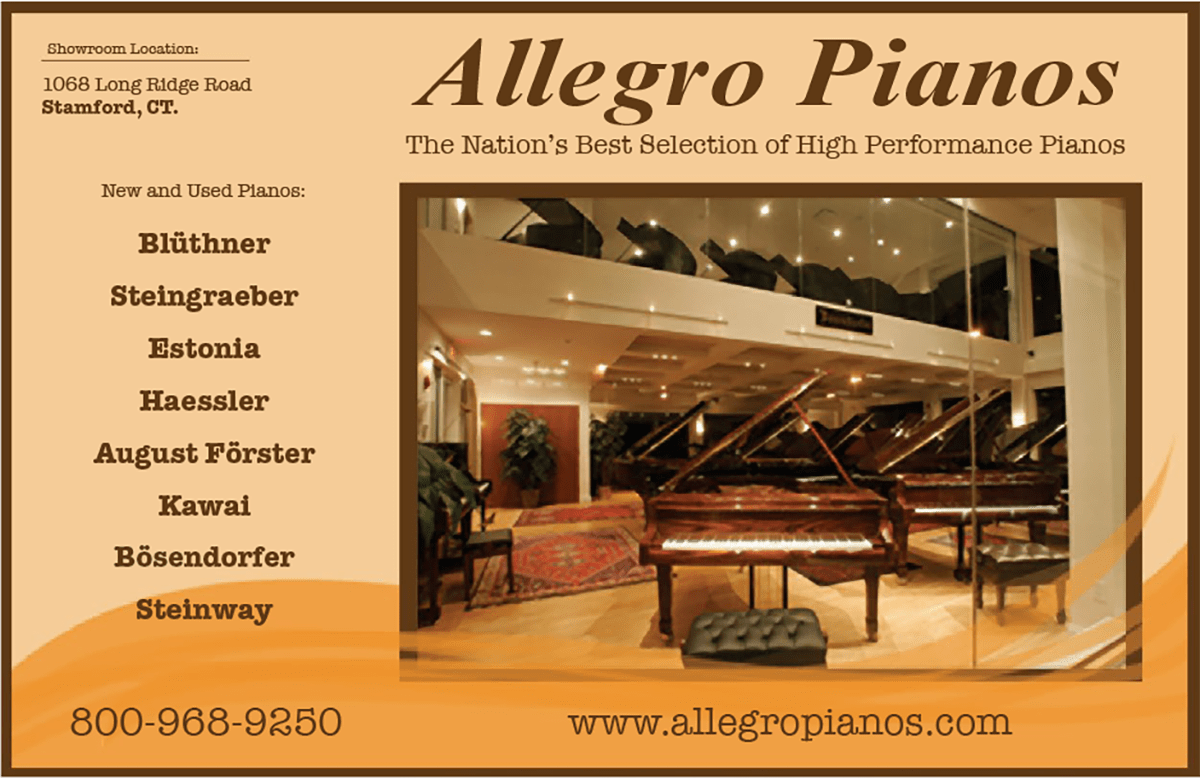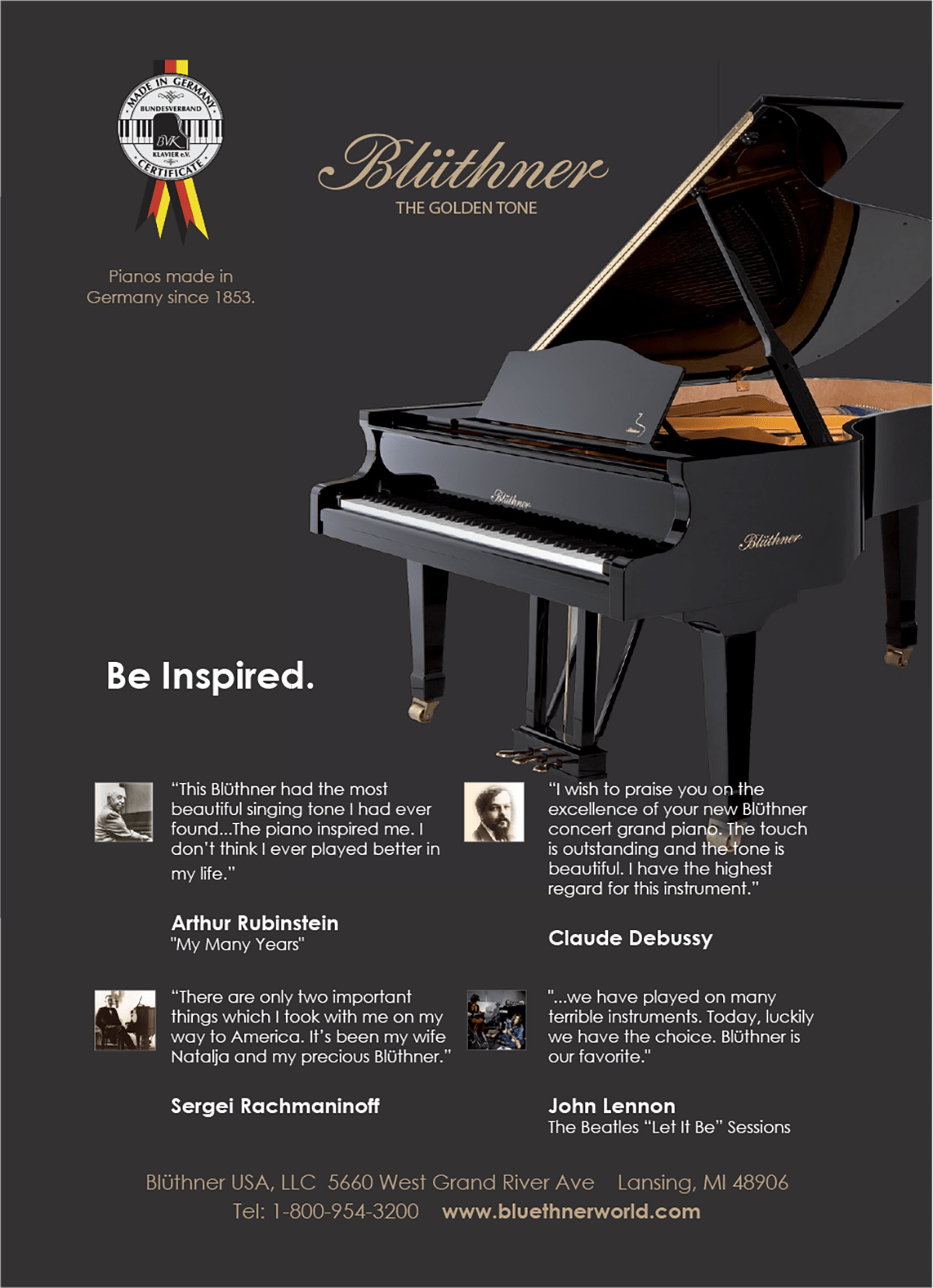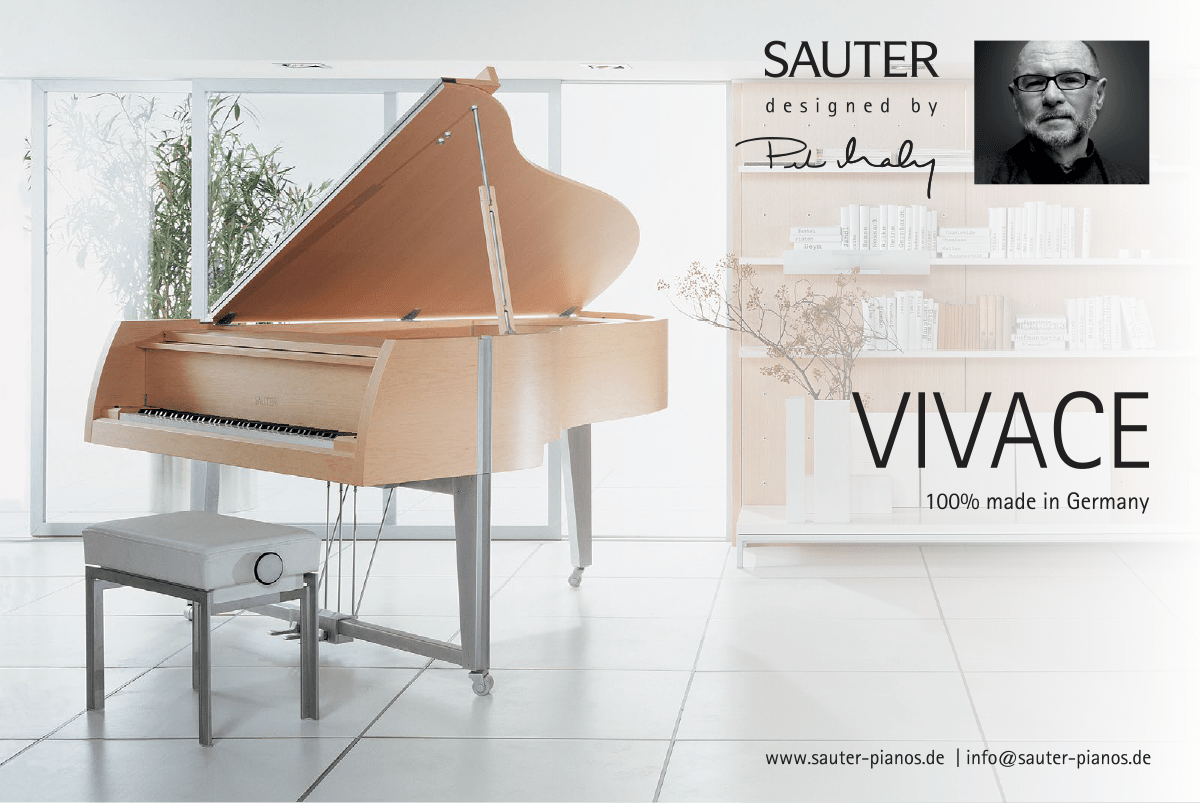
THE BEST PIANO: A Story
I’m tone deaf,” declared the husband. “I can’t tell the difference between one piano and another.”
His wife nodded in agreement. “He is tone deaf. And while I can hear some differences, it’s all so confusing. All we want is a piano that our kids can learn to play on. We don’t need a great piano.”
A short conversation ensued in which I learned, among other things, that this couple had three children, ranging in age from seven years to six months.
“Our daughter just turned seven,” the wife said. “She’s interested in piano lessons, but we’re not sure how committed she’ll be.”
“You know kids,” the husband shrugged. “She may want piano lessons now, but in a few months’ time . . . ?”
“You’re right,” I said. “Kids change their minds all the time. I started piano lessons at the age of six, and stopped only a few months later. But the piano stayed in our home, and at the age of 12 I was drawn back to it. I played a few tunes by ear, and after a while I started lessons again. But . . . would you like your youngest child to play the piano as well?”

They looked at each other. It seemed that the possibility of their six-month-old baby taking lessons sometime in the future was something they hadn’t considered.
“This means that whatever instrument we choose, it will probably stay in our home for a very long time,” the woman said to her husband. “Perhaps we should look at a greater range of instruments than just the few we had in mind . . . ?”
“But still,” he said, turning to me, “is there enough difference in the tone of the pianos to justify a greater investment, and a possible increase in our budget?”
Such conversations are not rare. Some people feel they won’t be able to hear the differences between pianos, or that a high-end piano will be wasted on them. Others try to accommodate only what they perceive their needs to be at the time of purchase, rather than over the many years they may end up owning a piano.

Often, piano buyers form an idea of what they want and how much to spend, and consider only a few brands, without ever sufficiently researching the differences in manufacturers’ philosophies and how these might affect the tone, touch, musicality, and price of the instrument. However, such information can help the consumer clarify his or her true needs and preferences. Many shopping for a piano all but ignore higher-end models, considering them beyond their needs or means. But for more than a few of these buyers, a better-quality piano may prove the better fit and value.
There are significant differences in manufacturing methods between performance-oriented instruments, which are often referred to as “handmade,” and mass-produced instruments, in which some musical qualities are sacrificed to meet a lower retail price.
Performance-oriented manufacturers, especially at the highest level, are looking to capture a wide range of tonal characteristics. Some of these qualities, such as sustain, tonal variation, and dynamic range, are univer-sally accepted as helping the playing of pianists of all levels sound more musical. All makers of high-end pianos strive to make pianos that excel in these areas. Other tonal characteristics, however, such as tonal color — the specific harmonic structure of the tone — can reflect a particular manufacturer’s philosophy of what the best piano should sound like, and are the elements that separate one high-end make from another. A piano maker’s decision to emphasize certain musical qualities over others is manifested through differences in the instrument’s design, in the instrument’s resulting tone and touch, and in its appeal to a particular player or listener.
“Would you like to hear some higher-end instruments as well, just to compare?” I asked the couple.
“Yes, please,” replied the woman.
And so we went on a tour of Piano Land, playing, listening to, and assessing the tone of a variety of instruments. “Ooohhh,” said the wife in response to one particular make. “Aaahhh,” sighed her husband, as the realization struck him: He actually could hear the differences between these pianos; not only that, he had some rather clear preferences.
“But which is the best piano?” he asked. There are quite a few instruments here, all so beautiful, but so different from each other. Which is the best?
This is a question customers ask me again and again when visiting our showroom — we represent most of the high-end makers, and side-by-side comparisons are always possible. And while, time after time, our customers do find the absolute “best,” for each of those customers the “best” is represented by a different make, according to his or her preferences. The combination of musical qualities emphasized by one piano maker may speak to one customer while leaving another indifferent — who, in turn responds enthusiastically to an instrument made by another manufacturer that has left the first customer cold. Some people prefer a bold, outgoing, and powerful sound; others want a more delicate, clear, and melodic tone. Some like focused, defined, and pure tonal characteristics, while others look for instruments whose sound is more robust, deep, and dark.
At the top end of piano manufacturing, each instrument should have a high level of design, parts, materials, execution, workmanship, and attention to detail. However, it is personal preference — the buyer’s response to the various manufacturers’ interpretations of the “perfect sound” — that determines the answer to the question of “But which is the best piano?” The answer is different for every customer.
But which piano is the “best” is also a matter of other factors. Some high-end instruments might be considered the “best” in one setting, but not quite the best in another. A piano that sounds its best in a large concert hall with hundreds of people may not necessarily be the right fit for the typical living room.
“The best instrument,” I replied to the couple, “is the one that you’ll most enjoy listening to as your children — and perhaps, before you know it, your grandchildren — play and develop their musical skills. The ‘best’ piano is the one you’ll be happy with over the many years it will live in your home, and that one day, when you have the time, perhaps may tempt you to take lessons yourself. The best piano is the one that will deliver to you and your family the joy of music, now and over the long run.”